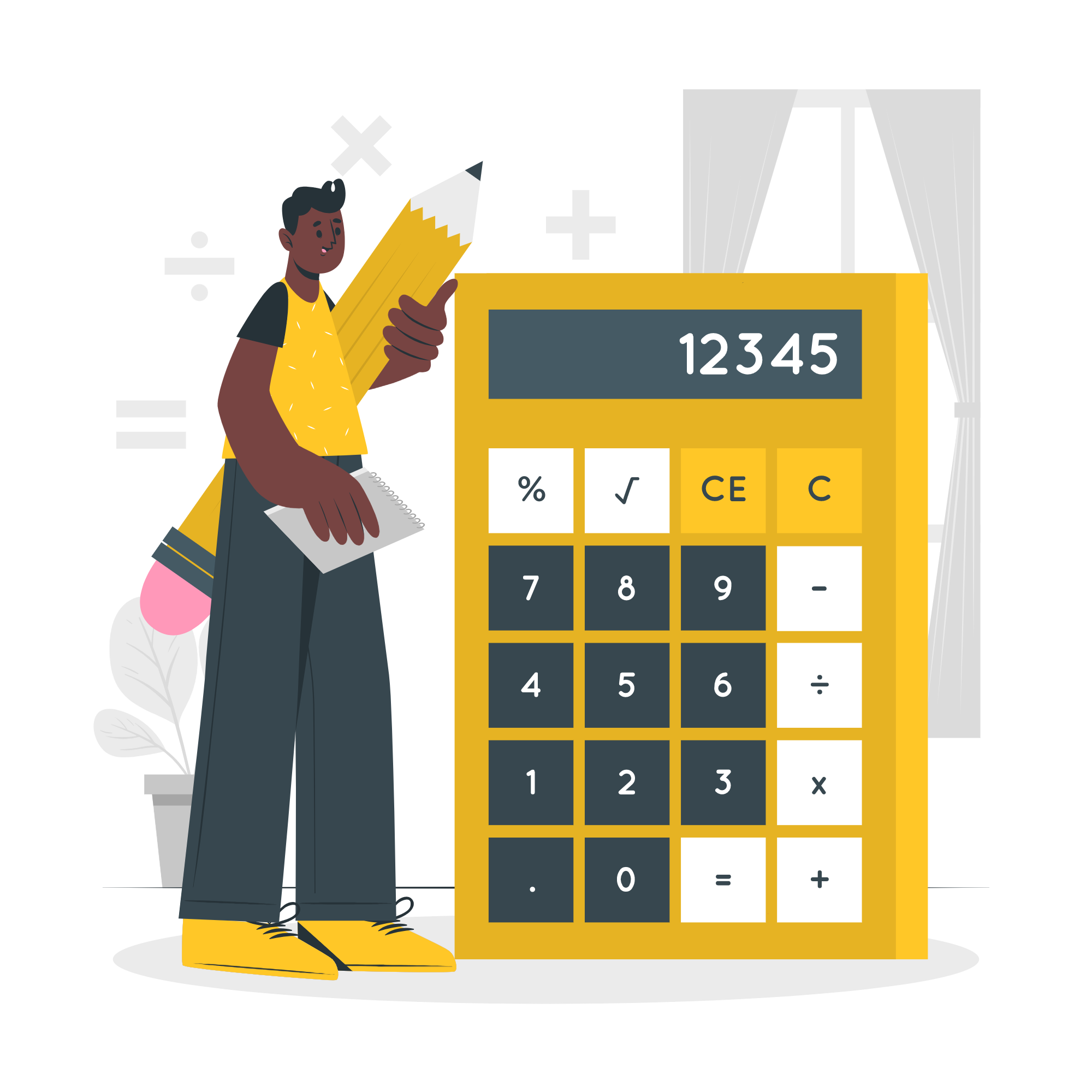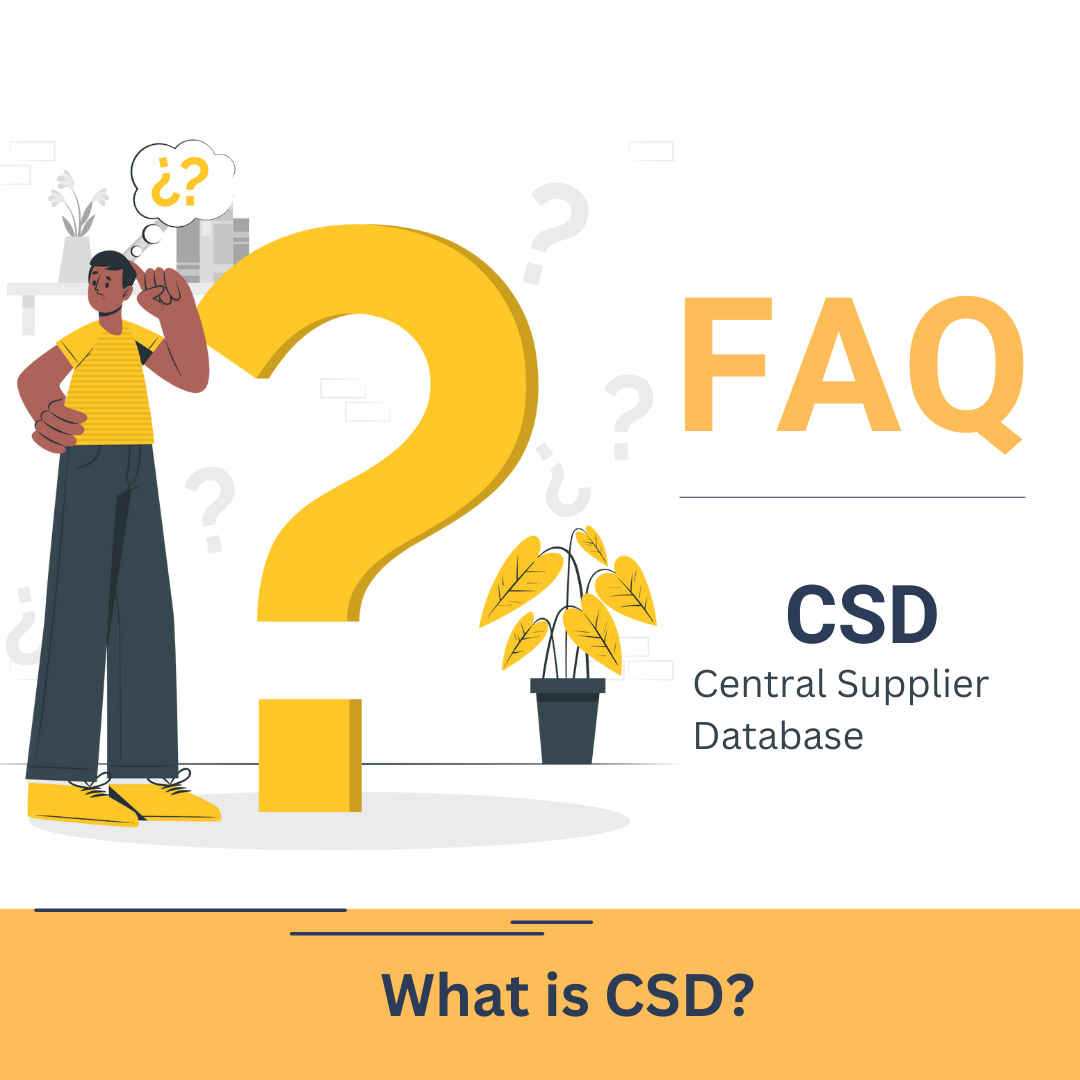
The key to tender pricing
There is no thumb suck trick to pricing a tender besides knowing that you need to cover your costs and allow profit for doing the work. Keep in mind that you need to make a profit but that competing tenderers may offer a lower price.
This may vary according the level of expertise and general availability (market) of the service or goods required.
COSTING AND ESTIMATION:
This often requires an educated guess based on the following researched tender specifications:
- Quantities of material needed
- Length of time to completion
- Minimum lead-time required (that is, the time before actually starting on the contract, often the time in which preparations are made)
- Insurances needed
- Depreciation of vehicles and equipment over the course of the contract
- Indirect costs
- Capacity to complete the contract
Some costs are variable - they may fluctuate as production fluctuates:
- Labour
- Materials
- Equipment
Other costs are termed fixed costs or overheads:
These costs do not fluctuate with increases or decreases in production. Examples of costs that are usually fixed are:
- Electricity
- Owners salary
- Subscriptions
- Vehicle leases
- Stationery
The following are also important considerations:
- Will the purchaser be making interim payments (so that your business maintains cash-flow and can pay the weekly salaries, materials and so on)? This is especially important for lengthy contracts.
- Will you require bridging finance? If so, do you have security for a loan?
- If you will need to borrow money to perform the contract, you should do the groundwork while you are preparing the tender. Then if you win the contract, you will be able to get a loan so much more quickly.
THE LETTER OF ACCEPTANCE
- If you submit your tender to the right address by the due date and time, the Tender Board will let you know in writing whether you have been successful or not.
- If your tender was accepted, you have to start planning to deliver the goods or services you offered.
DON'T GIVE UP!
If at first you don't succeed, try and try again.
- Every time you complete a tender document you will learn more about the process and requirements of tendering.
- Once you have a won a tender, and built up a track record, things get a bit easier.
I NEED MORE HELP:
If you want to learn more about the tender process and how to complete a tender correctly please contact us.





